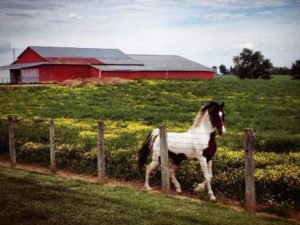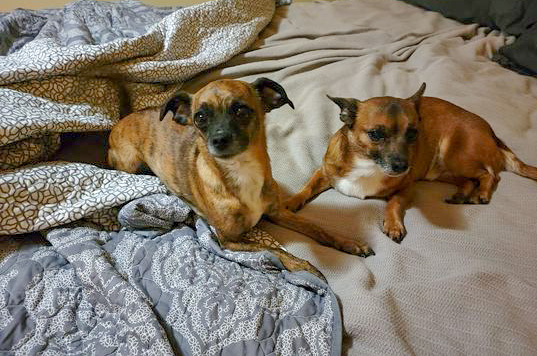Set Your Face Like Flint
 Do you occasionally face tasks that seem impossible? Yet, you refuse to quit? Instead, you set your face like flint and finish the job before you?
Do you occasionally face tasks that seem impossible? Yet, you refuse to quit? Instead, you set your face like flint and finish the job before you?
Flint is a hard, dark rock.
It was often used in earlier times to make tools and start fires. Flint also makes strong stone walls.
To set your face like flint means to be determined.
When you face difficulties, you refuse to give up. Instead, you:
- Focus on the task before you.
- Dedicate yourself to its completion.
The prophet Isaiah described the Messiah, Jesus, as having “set my face like flint.”
Isaiah tells of Jesus’ determination to complete the role of a suffering servant. Jesus sacrificed His life on a cross to make eternal life possible for all who accept His gift.
You can follow Jesus’ example.
Life gets hard. Many tasks are tough. However, with God’s help, you can endure. You can keep on keeping on. You can also make a positive difference in an often negative world.
“Because the Sovereign Lord helps me, I will not be disgraced. Therefore have I set my face like flint, and I know I will not be put to shame” (Isaiah 50:7 NIV).
Thanks to Linda Russell for the suggestion. Image by Wesley Rocha from Pixabay
Do you have an expression you want explained or a thought about this one? If so, please comment below.
Subscribe to receive my weekly posts by email and receive a free copy of “Words of Hope for Days that Hurt.”
If you enjoyed this post, please share it with your friends.






 Let it be. Let it lie.
Let it be. Let it lie.  When you try to harm others, you often end up harming yourself more. You cut off your nose to spite your face. This happens at any age.
When you try to harm others, you often end up harming yourself more. You cut off your nose to spite your face. This happens at any age. “Do you prefer ice cream, cake, or both?” “I’m leaving now. Is that okay?” “Mind if I change the station on TV?” For all these questions, we might answer, “It don’t make me no never mind.” Of course, we don’t give that answer if we prefer correct grammar.
“Do you prefer ice cream, cake, or both?” “I’m leaving now. Is that okay?” “Mind if I change the station on TV?” For all these questions, we might answer, “It don’t make me no never mind.” Of course, we don’t give that answer if we prefer correct grammar.